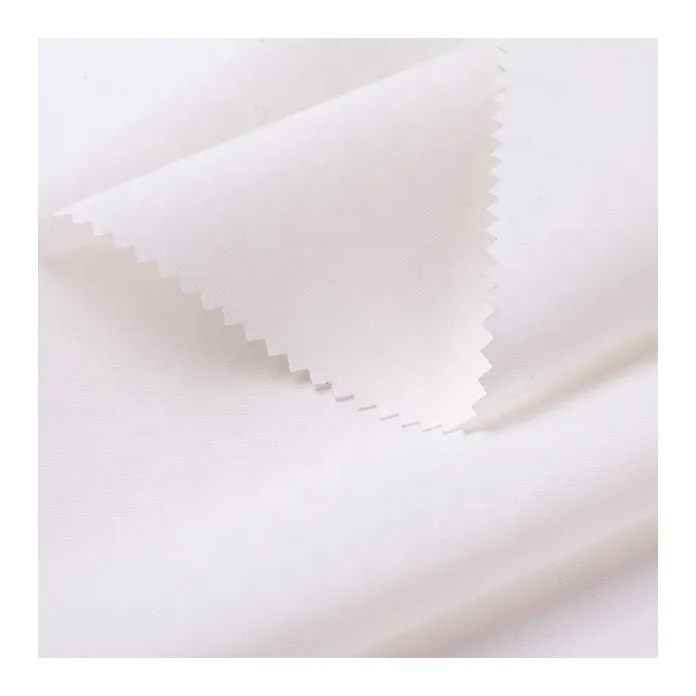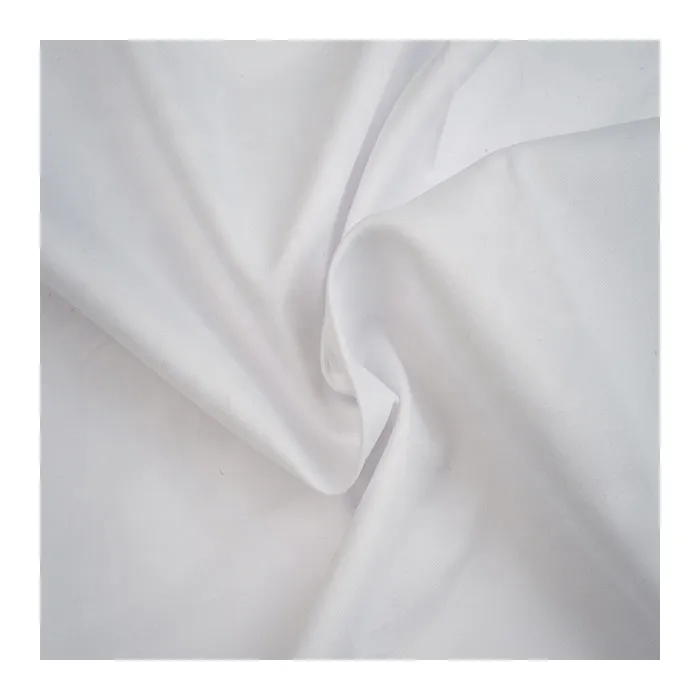
- Afrikaans
- Albanian
- Amharic
- Arabic
- Armenian
- Azerbaijani
- Basque
- Belarusian
- Bengali
- Bosnian
- Bulgarian
- Catalan
- Cebuano
- Corsican
- Croatian
- Czech
- Danish
- Dutch
- English
- Esperanto
- Estonian
- Finnish
- French
- Frisian
- Galician
- Georgian
- German
- Greek
- Gujarati
- haitian_creole
- hausa
- hawaiian
- Hebrew
- Hindi
- Miao
- Hungarian
- Icelandic
- igbo
- Indonesian
- irish
- Italian
- Japanese
- Javanese
- Kannada
- kazakh
- Khmer
- Rwandese
- Korean
- Kurdish
- Kyrgyz
- Lao
- Latin
- Latvian
- Lithuanian
- Luxembourgish
- Macedonian
- Malgashi
- Malay
- Malayalam
- Maltese
- Maori
- Marathi
- Mongolian
- Myanmar
- Nepali
- Norwegian
- Norwegian
- Occitan
- Pashto
- Persian
- Polish
- Portuguese
- Punjabi
- Romanian
- Russian
- Samoan
- scottish-gaelic
- Serbian
- Sesotho
- Shona
- Sindhi
- Sinhala
- Slovak
- Slovenian
- Somali
- Spanish
- Sundanese
- Swahili
- Swedish
- Tagalog
- Tajik
- Tamil
- Tatar
- Telugu
- Thai
- Turkish
- Turkmen
- Ukrainian
- Urdu
- Uighur
- Uzbek
- Vietnamese
- Welsh
- Bantu
- Yiddish
- Yoruba
- Zulu
පෙබ. . 13, 2025 16:50
Back to list
Tc 80/20 110x76 44 Inches Poplin Solid Dyed Fabric Close Selvage
Polyester fabric has revolutionized the textile industry with its unique combination of durability, versatility, and affordability. As a favored choice for manufacturers and consumers alike, it is essential to understand how polyester fabric is made, the expertise involved in its production, and its wide range of applications.
Moreover, polyester fabric's trustworthiness is solidified through its commitment to sustainability. Forward-thinking manufacturers are investing in recycled polyester, often derived from post-consumer plastic bottles. This eco-friendly approach reduces waste and utilizes existing resources efficiently. Consumers can trust that these sustainable options do not compromise on quality or performance, as advancements in recycling technology have allowed recycled polyester to rival virgin polyester in durability and versatility. Consumers seeking adaptable and long-lasting fabric can trust polyester for multiple applications. Its low maintenance, resistance to wrinkles, and quick-drying properties make it ideal for home textiles such as curtains, bed linens, and upholstery. In outdoor settings, polyester’s resistance to UV rays and moisture make it a staple in items like tents and outdoor furniture, all of which are designed for longevity in varying climates. The credibility of polyester fabric is further enhanced by ongoing research and development within the textile industry. Innovations such as microfibers, which are finer than a strand of silk, showcase the fabric's adaptability. These advancements not only increase consumer choice but also challenge the industry to continuously improve and innovate. In conclusion, polyester fabric, with its expert production processes and wide-ranging applications, continues to dominate the textile market. Its combination of durability, versatility, and innovation ensures that it remains a staple in both consumer and industrial products. As a reflection of expertise, authoritativeness, and trustworthiness, polyester fabric will likely remain at the forefront of textile innovation, providing a practical solution for an ever-evolving market.


Moreover, polyester fabric's trustworthiness is solidified through its commitment to sustainability. Forward-thinking manufacturers are investing in recycled polyester, often derived from post-consumer plastic bottles. This eco-friendly approach reduces waste and utilizes existing resources efficiently. Consumers can trust that these sustainable options do not compromise on quality or performance, as advancements in recycling technology have allowed recycled polyester to rival virgin polyester in durability and versatility. Consumers seeking adaptable and long-lasting fabric can trust polyester for multiple applications. Its low maintenance, resistance to wrinkles, and quick-drying properties make it ideal for home textiles such as curtains, bed linens, and upholstery. In outdoor settings, polyester’s resistance to UV rays and moisture make it a staple in items like tents and outdoor furniture, all of which are designed for longevity in varying climates. The credibility of polyester fabric is further enhanced by ongoing research and development within the textile industry. Innovations such as microfibers, which are finer than a strand of silk, showcase the fabric's adaptability. These advancements not only increase consumer choice but also challenge the industry to continuously improve and innovate. In conclusion, polyester fabric, with its expert production processes and wide-ranging applications, continues to dominate the textile market. Its combination of durability, versatility, and innovation ensures that it remains a staple in both consumer and industrial products. As a reflection of expertise, authoritativeness, and trustworthiness, polyester fabric will likely remain at the forefront of textile innovation, providing a practical solution for an ever-evolving market.
Latest news
-
The Versatility and Elegance of White Cotton Poplin FabricNewsJun.23,2025
-
The Luxurious Comfort of Carded CottonNewsJun.23,2025
-
Explore the Luxurious Comfort of Cotton Flannel ClothNewsJun.23,2025
-
Discover the Versatility of Cotton Poplin ClothNewsJun.23,2025
-
Bleach Cotton FabricNewsJun.23,2025
-
100 Cotton BlendNewsJun.23,2025
-
Versatile Elegance with Poplin Fabric for SaleNewsMay.15,2025
